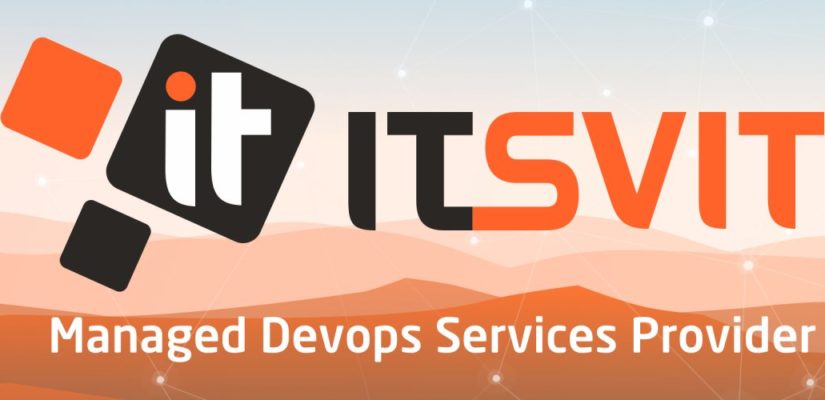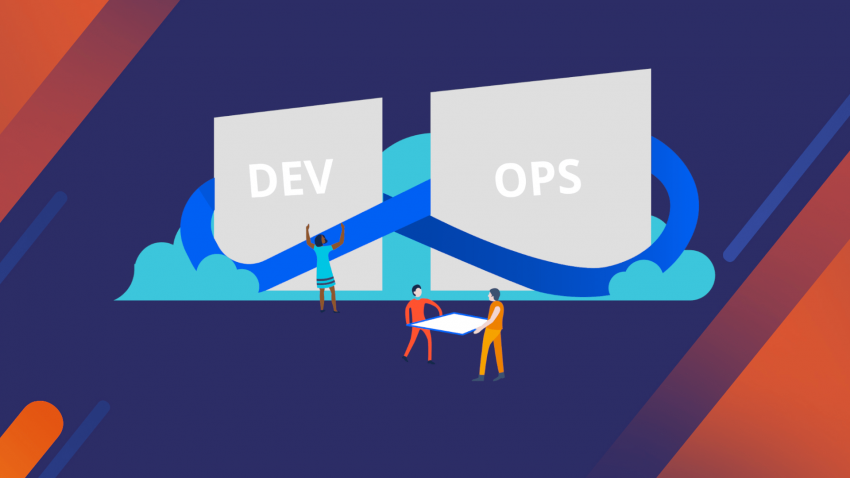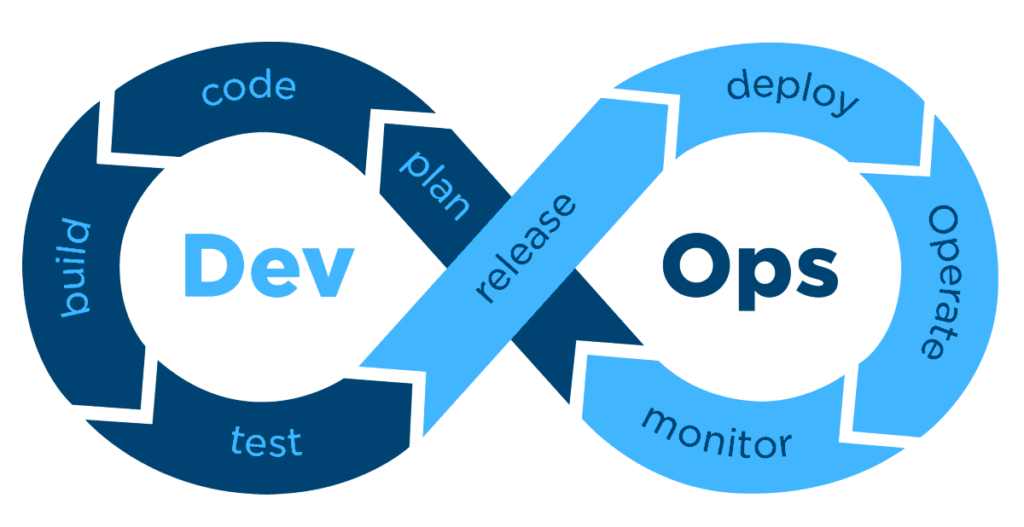
DevOps consulting from IT Svit
Various companies need to implement DevOps workflows in their daily IT operations. If you are one of such companies and are currently looking for a reliable DevOps partner — below are the reasons for getting DevOps consulting and services from reputed Managed Services Providers like IT Svit. We compare the benefits and drawbacks of all three main approaches to DevOps consulting: hiring an expert in-house, opting for a cloud platform support or working with IT outsourcing companies.
There is no use denying that DevOps methodology is beneficial for every software-related business. Whether you develop some product or service or sell some products online, you want your customer experience to be uninterrupted and positive. DevOps methodology allows automating all the routine actions, removing waste in form of ineffectively spent time and effort, repetitive manual actions and more. DevOps adoption helps allocate resources more cost-efficiently and make your team more motivated. But how to implement DevOps workflows right? There are three main approaches to doing so:
- hiring DevOps expertise in-house
- opting for technical support from your cloud computing provider
- working with DevOps consulting and service providers.

The first variant has all the benefits and shortcomings of any other recruitment process. You gain direct control over the DevOps talent and can form the scope of tasks and monitor their completion, yes. However, hiring a good DevOps engineer in-house takes lots of time, as there might not be good candidates in your local area (and many businesses are averse to hiring freelancers or remote employees due to obvious risk of providing access to mission-critical business infrastructure to outsiders).
During this time you will have to pay wages for your recruiter and/or HR specialist or dedicate your own time or employ a recruitment agency. Once the specialist is hired, you have to supply him/her with all the required equipment, pay for office space/parking lot, for various team building activities and office consumables like tea/coffee and cookies.
Now add the risk of this employee getting ill, going on vacation or quitting your team entirely. This can put all the related tasks on hold or ultimately crash the project. In addition, even if the DevOps engineer tries his/her best, their level of skill might not be sufficient to handle the project at hand and lead to costly blunders.
This is why many companies go for the second approach — opting for technical support from their cloud computing providers like AWS or Google Cloud. This way you ensure that your project will be handled by experienced professionals who will operate under SLA and deliver the expected results. The downside of this approach, though, is that AWS engineers will use AWS services to build your infrastructure, which means vendor lock-in and additional expenses for your business.

These costs could have been avoided if you used open-source alternatives instead of AWS products, but this requires an independent DevOps expertise — and the lack of such knowledge was the reason to opt for AWS technical support in the first place. Besides, time to response of 1 hour or 2 hours or 4 hours is still under SLA — but that will not console you much when your business will be shut down for 4 hours.
This is why obtaining DevOps consulting and services from independent DevOps services providers is the best variant. You avoid all the hassle of recruitment and HR processes — you just get a ready team that starts working on your project, and their office expenses are paid by the contractor. You avoid vendor lock-in and ensure rapid response time for your requests. Once the project ends, you can part ways in good humor and hire them again if the need arises. Thus said, obtaining DevOps consulting and services from IT outsourcing companies is the most cost-efficient way of doing it.


